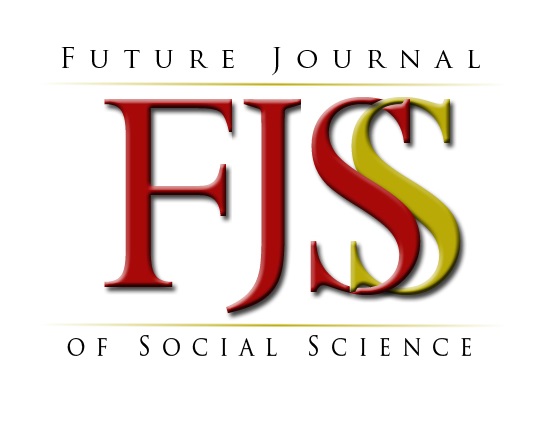Future Journal of Social Science

Abstract
Reviewing the Western theories and ideologies on building and maintaining peace reflected in the conflict management and resolution in practice always indicates an imperative need for another perspective that could play an integral role in the international society. Regardless of the continuing call for an Islamic contribution in this field on the part of some Western scholars, the Muslim society itself based on a specific culture and a distinctive identity requires a different approach with particular tools that could fit its epistemological model. Exploring this approach, which is the main concern and the main aim of this paper, would never be limited to the Western tools from an Islamic perspective. In fact, it could be described as a difficult dual-task, because of its dependence on revising and rethinking the Islamic heritage, especially Quran and Prophet’s sayings, and presenting it within a framework that is suitable for the present era, and efficient in dealing with the current conflicts. These two anvils reflect one of the Fiqh (Islamic Jurisprudence) branches, which is Ijtihad (the process of deriving the laws of the Shari'ah from its sources). This paper tries to focus on; first- The Purpose of Diversity in Islam: A Re-Interpretation of Some Pertinent Quranic Verse, second- the analysis of the Medina charter as the first civic constitutionin the world, and finally- the common values between the Western and the Islamic perspectives in terms of the different cultural and religious sources that aim at building, keeping and maintaining peace. This last point, specifically, is considered as an extract of the two first points; it bridges a serious gap between the Western and the Islamic perspectives on peace by trying to compensate for weaknesses that appear in the Western theories on peace,and enlightening the role of identity in transforming conflicts to peaceful coexistence and cooperation in Islam.
As a conclusion and within this framework, the paper proves that the Quranic text and Medina Charter provide the field of peace studies with a new perspective on conflict management and resolution in international relations based on a trilogy of identity in Islam, which are; formation, acceptance and recognition. Referring to a number of Western literature, the Islamic contribution in peacebuilding needs to be explored and spread in order to test new sustainable and acceptable solutions and treatments for conflicts between nations, civilizations, and cultures.
Recommended Citation
Radwan, Yasmine Z.
(2023)
"Role of Identity in Peace Process: A Re-Interpretation of the Islamic Heritage,"
Future Journal of Social Science: Vol. 2:
Iss.
2, Article 1.
Available at:
https://digitalcommons.aaru.edu.jo/fjss/vol2/iss2/1
Included in
Communication Commons, Economics Commons, Feminist, Gender, and Sexuality Studies Commons, History Commons, International Relations Commons, Philosophy Commons, Psychology Commons, Public Affairs, Public Policy and Public Administration Commons, Race, Ethnicity and Post-Colonial Studies Commons, Religion Commons

